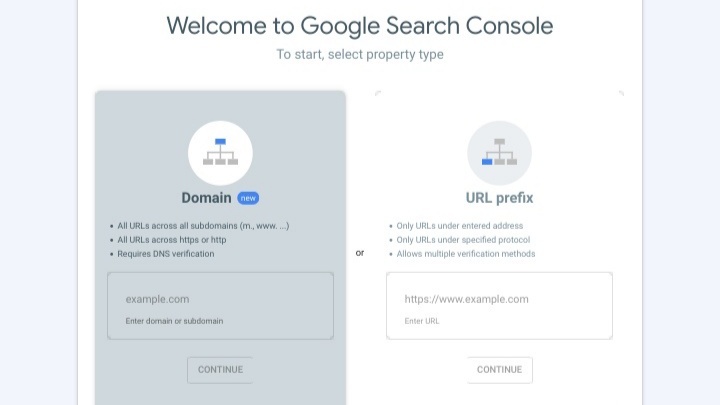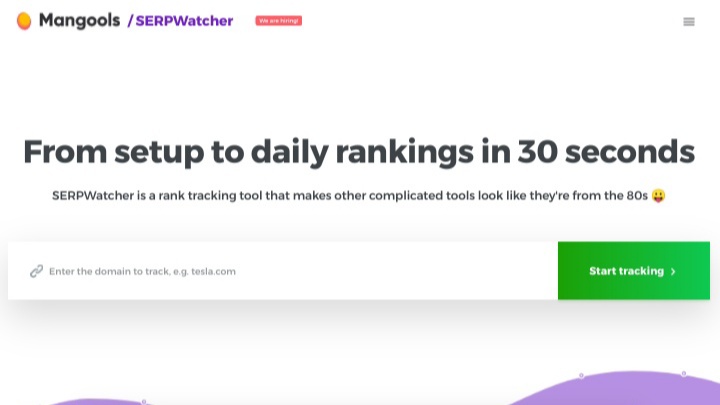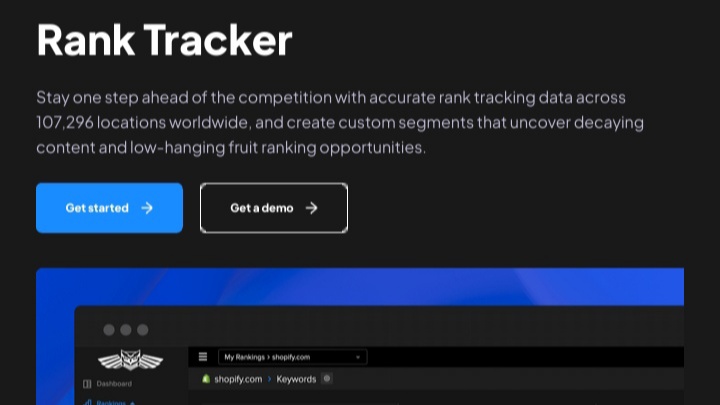If you own a website, you probably already know the importance of search engine optimization (SEO). One of the key aspects of SEO is keeping track of your website rankings. By monitoring your rankings, you can see how well your website is performing in search results and make adjustments to improve your visibility.
In this article, we'll discuss how to check your website rankings with free tools. We'll also provide you with some examples of the best free tools available to help you to track your rankings. But before we proceed to our main topic Let's see why it is essential to track your website ranking.
Why It's Important to Check Your Website Rankings
Checking your website rankings is essential for several reasons.
First, it allows you to see where you rank in search results for specific keywords or phrases. This information can help you identify which keywords are driving traffic to your site and which ones need improvement.
Second, monitoring your website rankings can help you track the success of your SEO efforts. If you're making changes to your website or implementing new SEO strategies, tracking your rankings can help you see whether those changes are having a positive impact.
Finally, tracking your website rankings can help you stay ahead of your competitors. By monitoring their rankings, you can see which keywords they're targeting and how well they're performing for those keywords. This information can help you adjust your SEO strategy to stay ahead of the competition.
How to Check Your Website Rankings with Free SEO Tools
There are several ways to check your website rankings, but using free tools is one of the easiest and most cost-effective options. Here are the steps you should follow to check your website rankings with free tools:
Step 1: Choose Your Keywords
Before you start tracking your rankings, you need to choose the keywords you want to target. These keywords should be relevant to your website and the products or services you offer. You can use tools like Google Keyword Planner to research and find the most relevant keywords for your website.
Step 2: Use a Free Rank Tracking Tool
Once you've chosen your keywords, it's time to start tracking your rankings. There are several free tools available that can help you do this. Some of the most popular free rank tracking tools include:
Google Search Console:
This is a free tool provided by Google that allows you to track your website's performance in search results. It provides data on your website's search impressions, clicks, and rankings for specific keywords.
SEMrush:
This is a popular SEO tool that provides a free rank tracking feature. You can use SEMrush to track your website's rankings for up to 10 keywords.
Ahrefs:
Ahrefs is a powerful SEO tool that offers a free rank tracking feature. You can use it to track your website's rankings for up to 10 keywords.
Ubersuggest:
Ubersuggest is a free keyword research and rank tracking tool that allows you to monitor your website's search rankings and track your competitors. You can use it to get insights into the organic search performance of your website and see which keywords are driving the most traffic.
SERPWatcher:
SERPWatcher is a free rank tracking tool that allows you to monitor your website's search engine rankings for specific keywords. You can use it to track your website's daily keyword rankings, as well as track your competitors and get alerts when your rankings change.
RankTrackr:
RankTrackr is a free keyword tracking tool that allows you to monitor your website's keyword rankings on multiple search engines. You can use it to track your rankings for specific keywords, see your website's overall search visibility, and get email reports of your rankings.
SEOptimer:
SEOptimer is a free SEO audit tool that includes a rank tracking feature. You can use it to monitor your website's search engine rankings for specific keywords and get email notifications of changes.
Rankz:
Rankz is a free rank tracking tool that allows you to monitor your website's search engine rankings and see how your website stacks up against your competitors. You can use it to track your rankings for specific keywords, get daily email reports of your rankings, and see your website's overall search visibility.
Step 3: Analyze Your Results
After you've started tracking your rankings, you should analyze your results to see how well your website is performing in search results. Look for trends and patterns in your data and make adjustments to your SEO strategy accordingly. For example, if you notice that your rankings are dropping for a specific keyword, you may need to optimize your content or build more backlinks to improve your ranking.
Conclusion
Tracking your website rankings is an essential part of any SEO strategy. By monitoring your rankings, you can see how well your website is performing in search results and make adjustments to improve your visibility. Fortunately, there are many free tools available that can help you track your rankings. By following the steps we've outlined in this article, you can start tracking your website rankings today and take steps to improve your SEO strategy.














2 Comments
Great
ReplyDeleteAre these free tools?
ReplyDelete